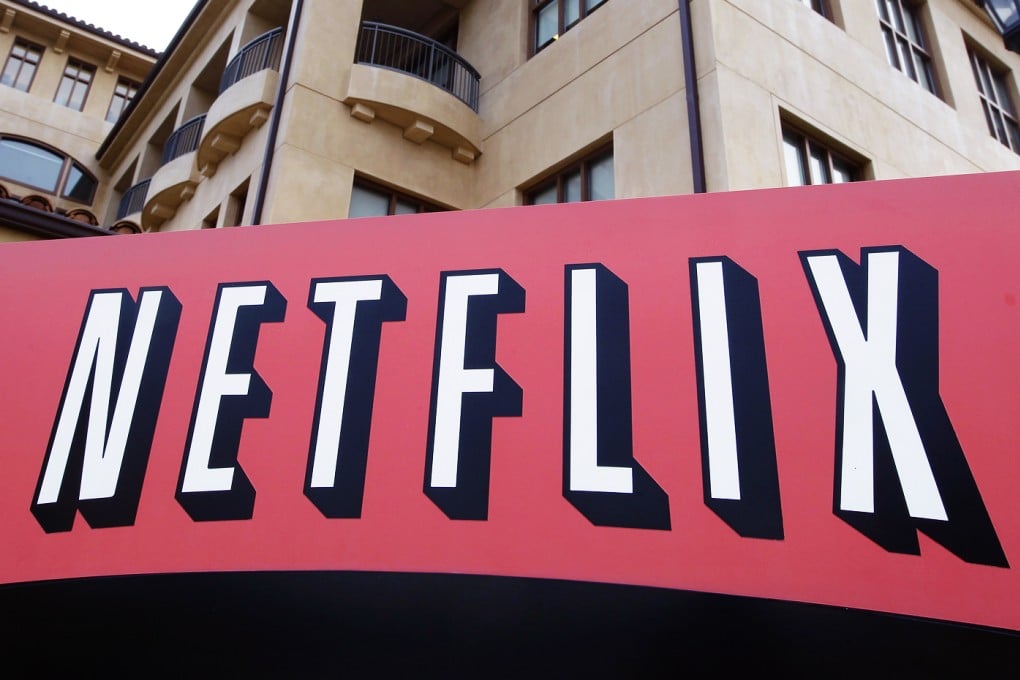Netflix to launch in Hong Kong, Singapore in 2016 as US streaming service eyes global markets

US streaming service Netflix said on Wednesday it will launch in Hong Kong in early 2016 as part of a larger global expansion.
Netflix, which recently launched in Japan, will also roll out coverage to South Korea, Singapore and Taiwan.
"The combination of increasing internet speeds and ubiquity of connected devices provides consumers with the anytime, anywhere ability to enjoy their favourite TV shows and movies on the Netflix service," said chief executive officer Reed Hastings.
"These four markets well represent those trends."
The service will be available at launch on smart TVs, tablets and smartphones, computers and a range of game consoles and set-top boxes.
The company did not reveal pricing or programming information for the new markets. In Japan, the service costs 950 yen (HK$61) per month, while in the US subscribers pay around US$8 per month (HK$62).